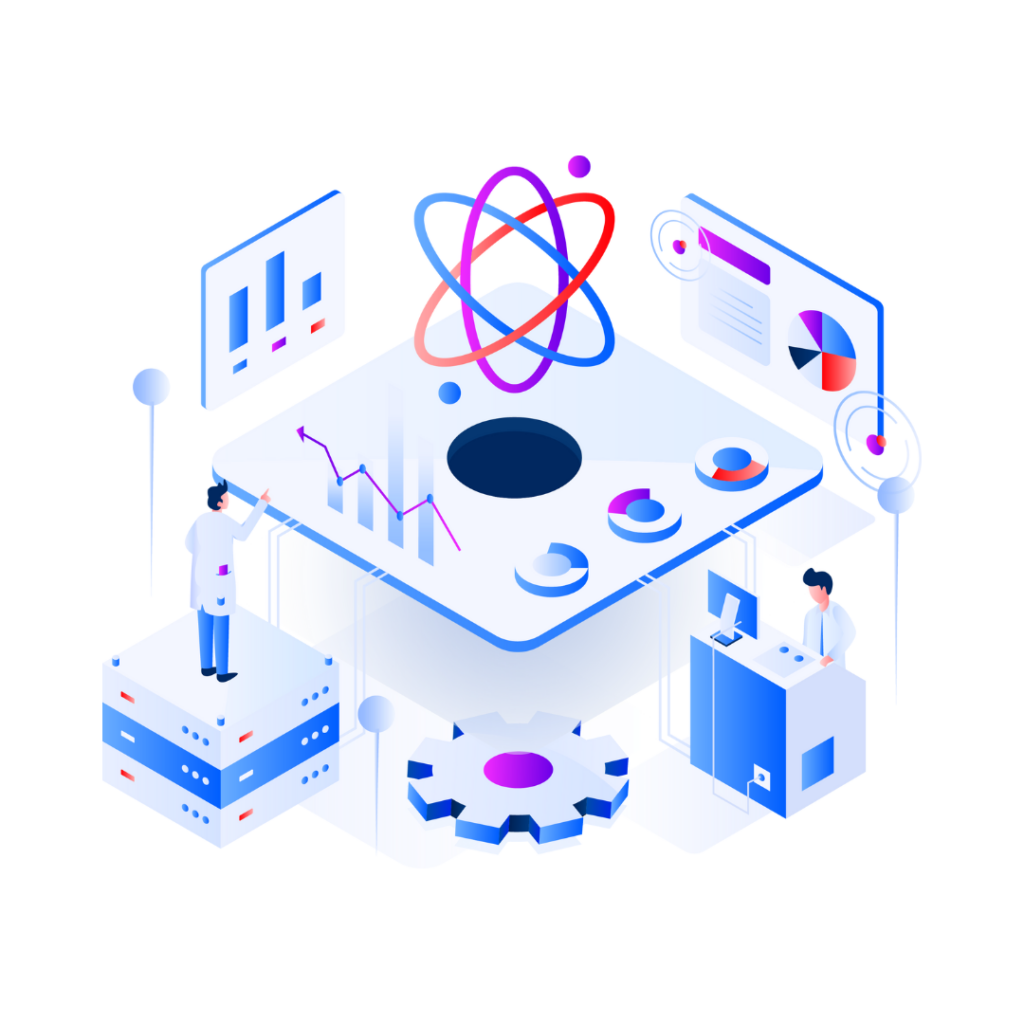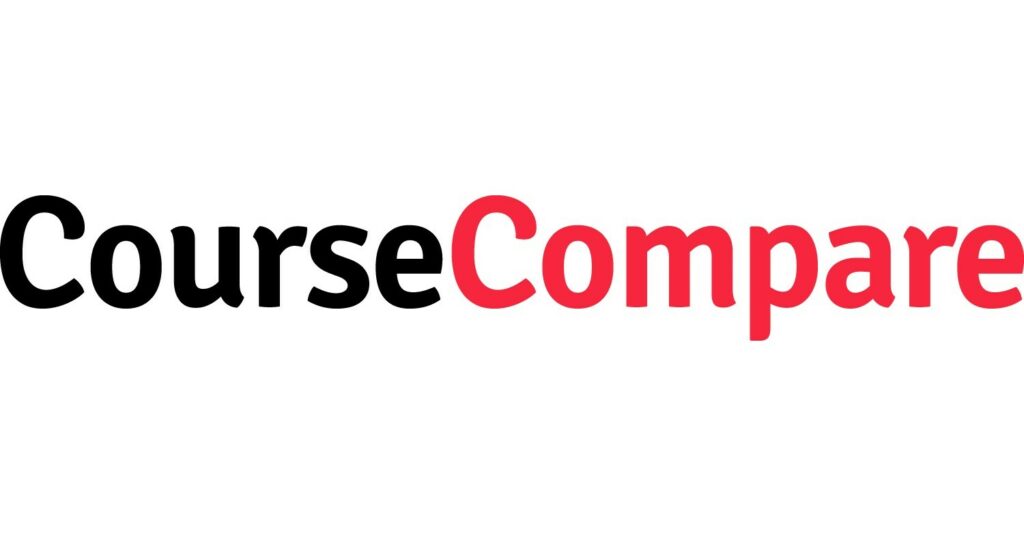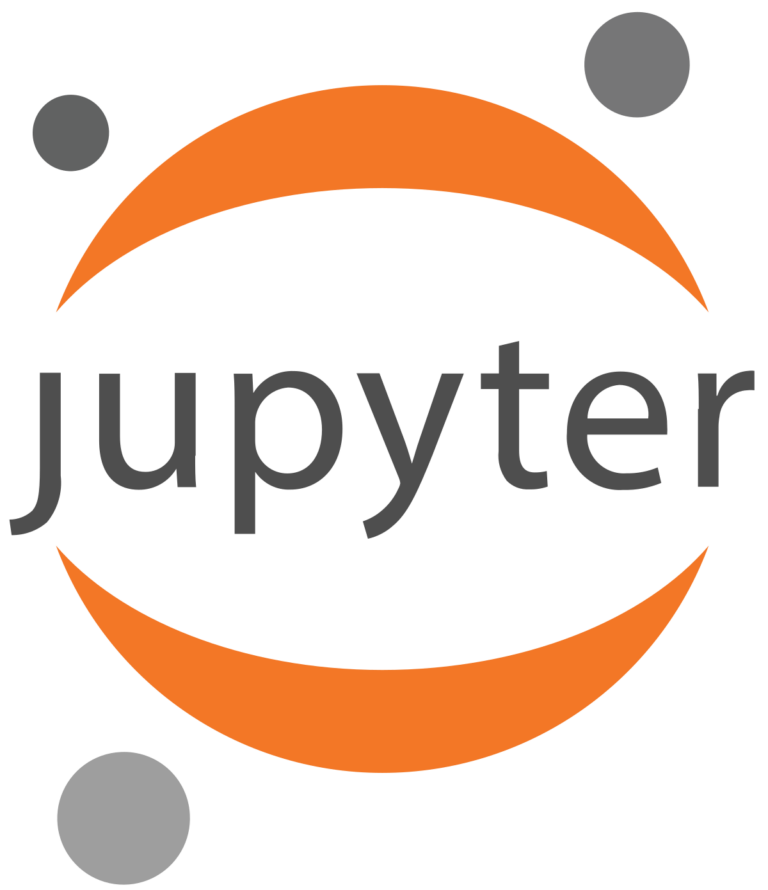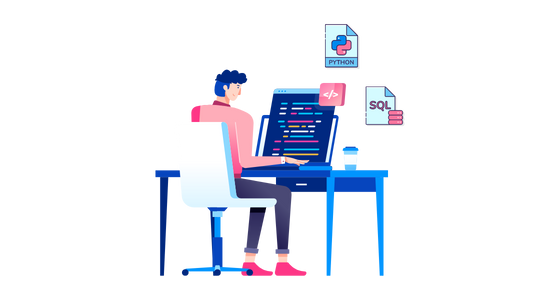
Farnoosh Khodakarami
Machine Learning Researcher, Cyclica
Experienced computer scientist with a demonstrated history of working in the research industry. Skilled in application development with experience in machine learning applications. Strong research professional with a Doctor of Philosophy (Ph.D.) focused in Computer Science from the Amirkabir University of Technology – Tehran Polytechnic.
Creative, self-motivated and committed to working with a team-player attitude, great problem-solving skills and ability to quickly grasp new concepts.




















